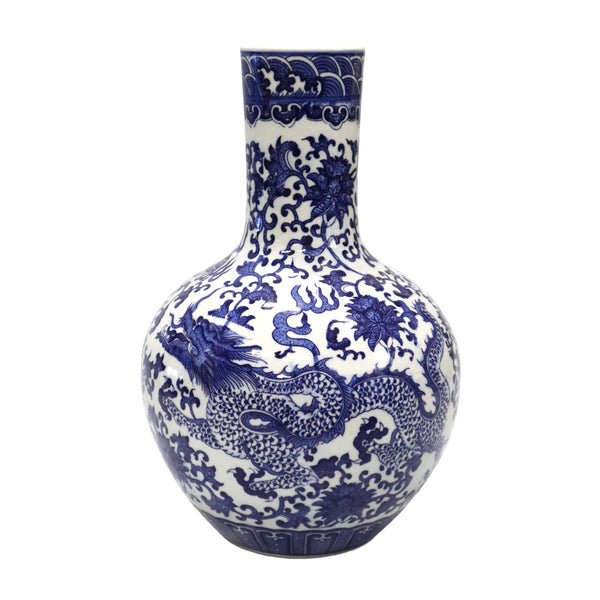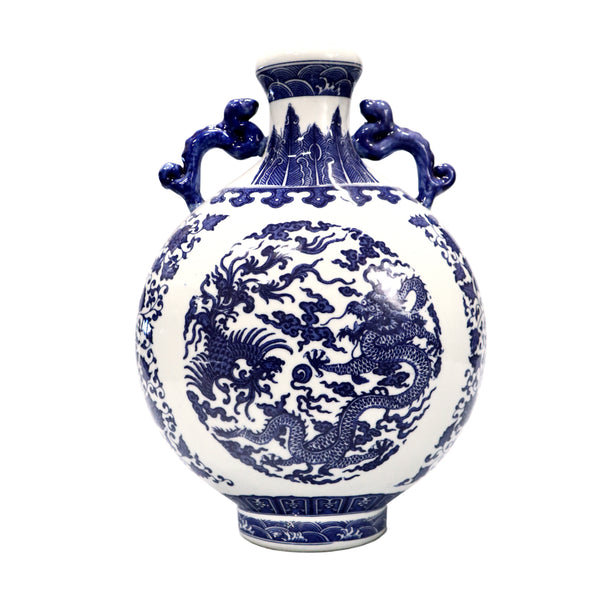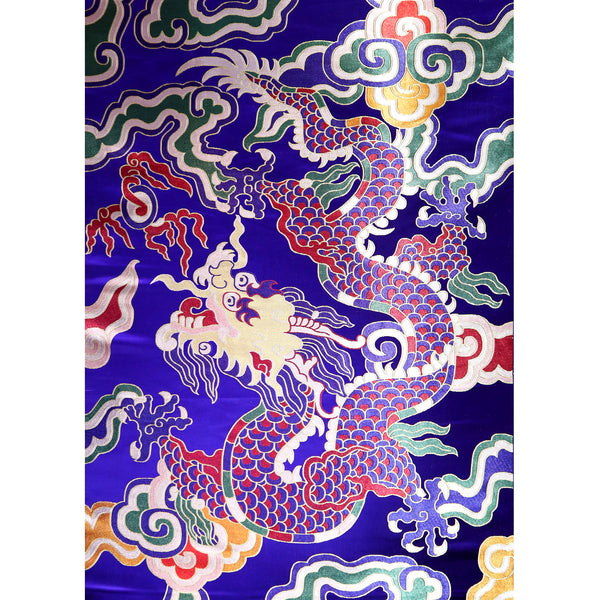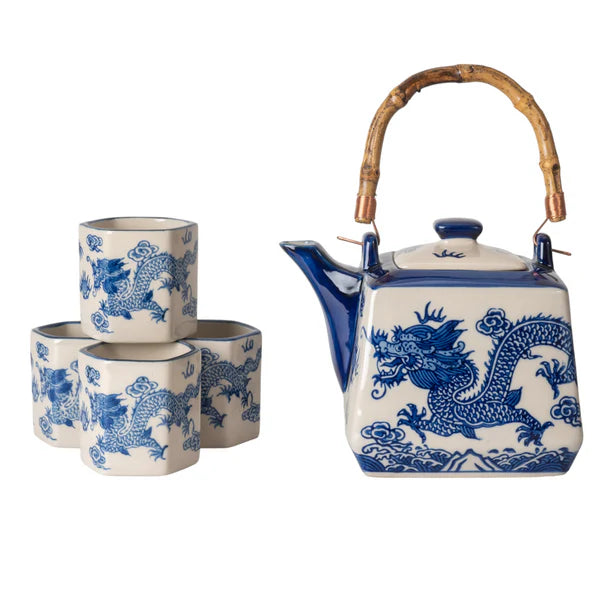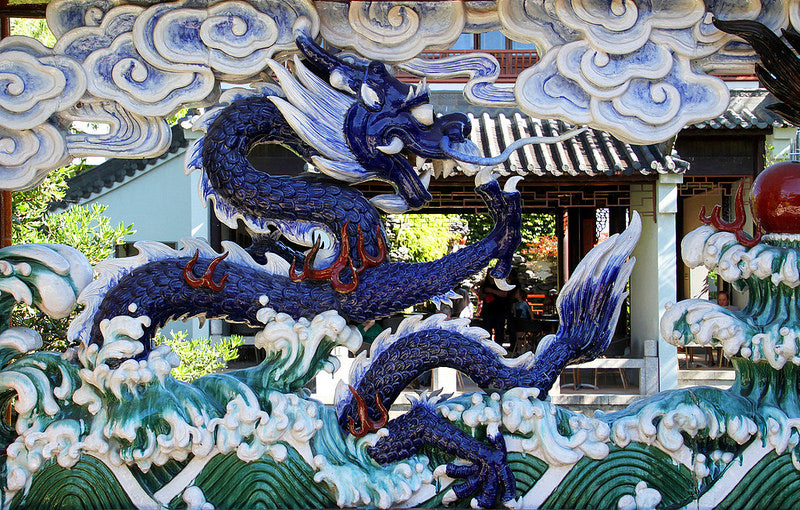
Blue Dragon Festival: Rain, Haircuts, and Eating Dragon Parts
The Dragon Boat Festival isn’t the only Chinese holiday that celebrates the mighty mythical creature. The Blue Dragon Festival also pays homage and welcomes the beginning of spring. Here's a short primer on this lesser known holiday and how to celebrate it.
Dragons in Chinese culture
First things first, a little about Chinese dragons. While in the west, they're creatures to be feared (think Drogon and Smaug), in Chinese culture they're wise, benevolent, and lucky.
They're also powerful rulers of water and the embodiment of the seasons. The Red Dragon is the patron of the South China Sea and the essence of summer. The Black Dragon oversees Lake Baikal in Siberia and embodies winter. The White Dragon, protector of Qinghai Lake, the largest lake in China, equates autumn while finally, the Blue Dragon, king of the East China Sea, means, you guessed it, spring.
Where the festival comes from
The Blue Dragon Festival takes place on the second day of the second lunar month (March 1 this year) and originated as a way for farmers to honor the Blue Dragon, a symbol of spring and bringer of favorable rain.
It's also known as Longtaitou, which translates as "the dragon raises its head," and seems to come from the Chinese proverb, "Er yue er, long tai tou," meaning, "On the second day of the second month, the dragon lifts his head." So what does that mean? It might imply that the deity is waking up, like the flora and fauna rousing from their winter slumber into spring.
How to celebrate
Some activities considered bad luck are now safe to partake in. And of course eating good food, as with every Chinese holiday, is also involved.
Clean. Starting on Lunar New Year Day, it’s considered bad luck to clean the house: you might be sweeping away good luck along with those dust bunnies. But on the Blue Dragon Festival, feel free to get everything spick and span.
Cut your hair. The Chinese word for “hair,” fa, is the same as in fa cai, meaning “to become wealthy.” So washing or cutting your hair is a big no-no on Lunar New Year Day, as is handling scissors: God forbid you should have a scissor accident on New Year's Day. That might dictate the rest of the year. But now on Longtaitou, you can finally get that trim.
Eat a “dragon.” What better way to laud a dragon than by feasting on it? Of course we mean that symbolically. Pan-fried scallion pancakes, or cong you bing, are said to resemble dragon’s scales while dumplings symbolize the ears and noodles, the beard. We’re not sure we see it, but if it means chowing on yummy eats, we’ll believe almost anything.
Want more?
Check out our whole suite of posts on Chinese holidays as well as our brief histories of some quintessential Chinese foods. You can also shop for all things dragon.
[Photo: "Blue Dragon" by Tony Hisgett via Flickr, CC BY 2.0]

